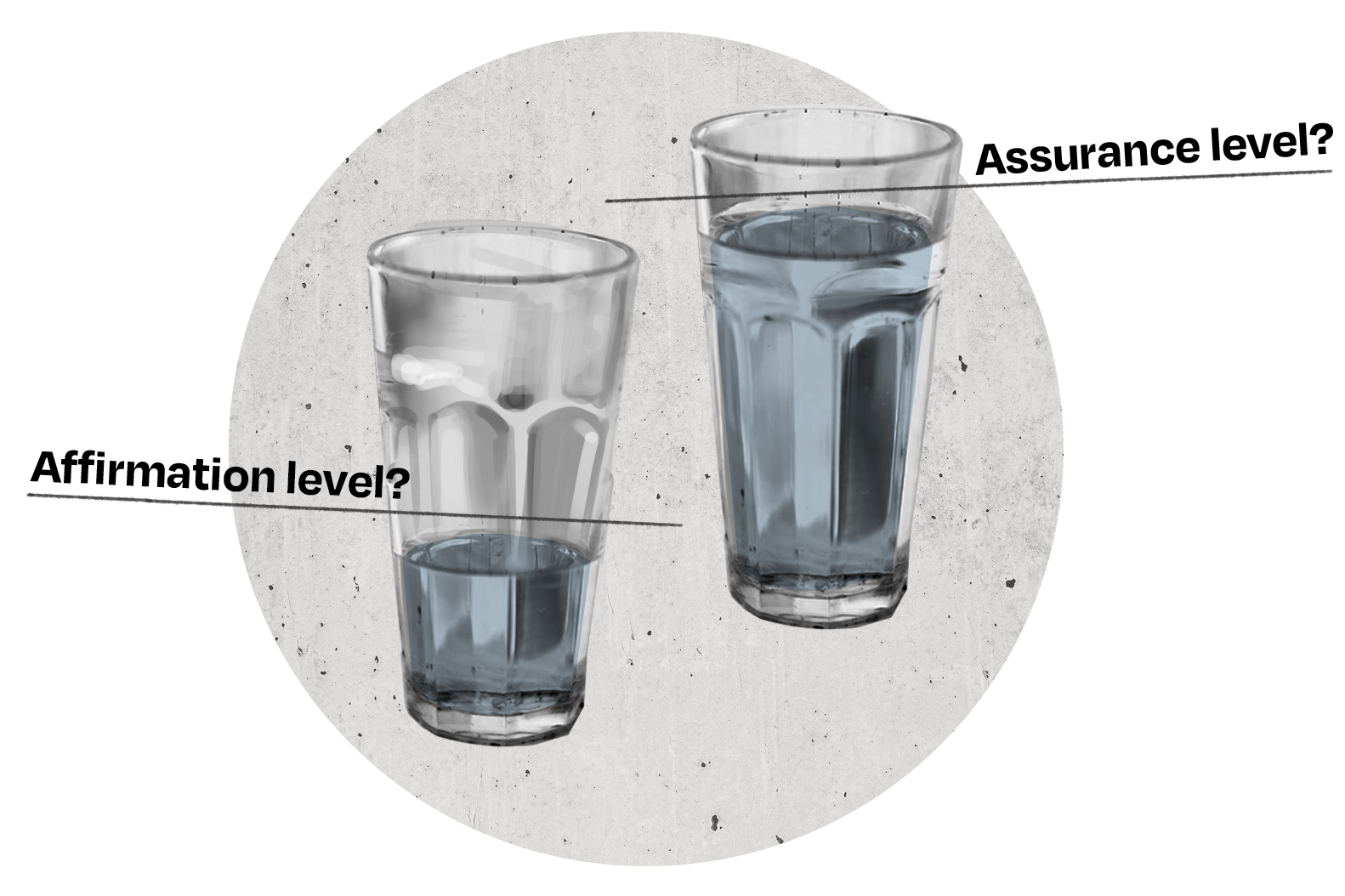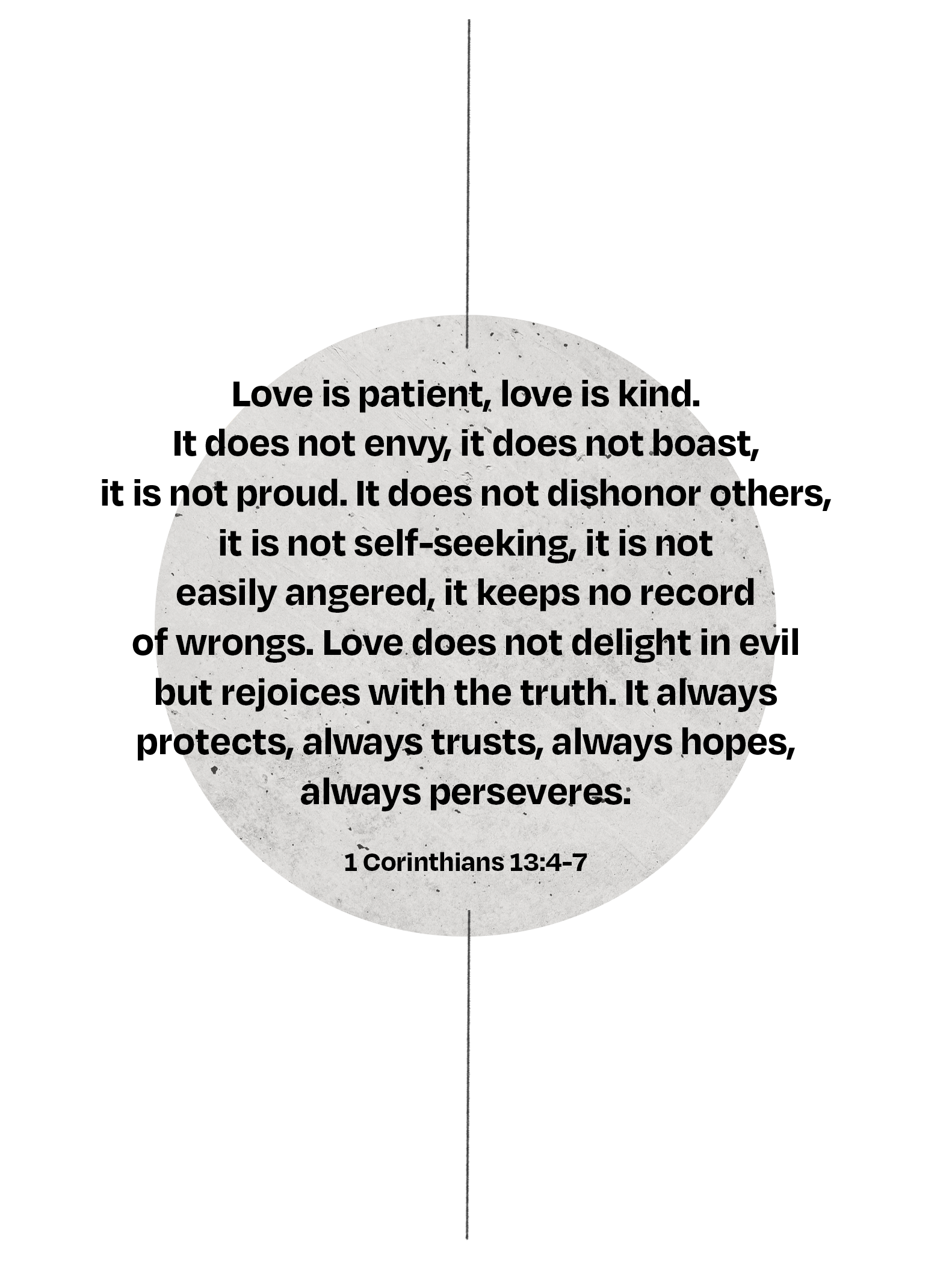Recently, I was having lunch with a friend when the conversation pivoted to relationships.
“I just know I’m not ready for a relationship,” she declared. My friend spoke with such certainty and clarity, revealing that there were some things in her life she wanted to work on first before sharing her life with someone else.
As we exchanged our views on the topic at hand, I found myself wondering about the flipside of the coin: How will we know when we’re ready?
Although we are constantly working towards becoming more and more like Jesus, we are inherently flawed people. Will we ever be “ready enough” to get into a relationship? What are some things we can look out for as markers of readiness?
As a single myself, I know that I am not the best person to answer these questions. Hence, I spoke to some of my friends and mentors who are attached or married.
I’ve distilled their insights into 5 useful questions you can ask yourself when considering if you’re ready for a relationship.
1. Who completes and defines me?
It is important to know where our worth and identity lie. When one gets into a relationship, it can be all too easy to make the other person your whole world.
One temptation is to look to our partners for all the validation and approval. It is natural to want to feel accepted and loved.
But we will end up feeling rejected when our partners are eventually unable to provide us with the affirmation we are looking for, which is actually affirmation that only God can give.

We are made to love and to be loved. However, it is crucial to remember that human love is ultimately flawed and cannot fully satisfy.
Ultimately, when it comes to our worth and identity, they should be firmly rooted in the only One who can love us perfectly. We are first and foremost God’s children and preciously bought at an unfathomable price.
Only when we are first assured of this position in Christ, can we love our partners well.
2. What am I looking for out of this relationship?
One good way to gauge if you’re ready for a relationship is to check your motives. Why do you want to enter a relationship, and what do you hope to get out of it?
I found the “Give or Take” framework simple and helpful. Indeed, our intentions for getting into a relationship can be categorised into either one:
- Give: Do your motivations stem from wanting to pour into another’s life?
- Take: Or are you looking to get into a relationship to fulfil certain needs of your own?
If you find yourself leaning more towards a “take” mentality, you will quickly find that such a foundation for a relationship is shaky.
On the other hand, entering a relationship with a “give” mindset will set a firmer foundation for both parties to grow alongside one another and build into each other’s lives.
A relationship might seem like sunshine and butterflies to those wanting to be caught up in a whirlwind romance.
However, the truth is that relationships are not a bed of roses. In reality, it often requires dying to oneself. It is often about being self-sacrificial and putting aside our needs even when we don’t feel like it.
That certainly doesn’t look like the romance we see at the movies. However, that is actually true romance to me — sacrificial and unconditional love.
This kind of love is precisely how God the Father loved us. He loved us while we were still sinners. And He loved us so much that He sent His Son to die on the cross for our sins so that we could be reunited to Him (Romans 5:8).
If that isn’t the best love story of all time, I don’t know what is. When the time comes for us to enter a relationship, we already have the best blueprint on how to love — selflessly and unconditionally like God.
3. Is there a particular struggle I need to work through with God first?
We are all sinful, faced with our own set of trials in life. It is impossible to be completely perfect or for life to be completely smooth-sailing before we enter a relationship.
In fact, God has told us personally through His word that we will have trouble as long as we are in this world (John 16:33). This means that whether single or attached, we will continue to battle with various obstacles on a regular basis.
Overcoming all your struggles is not a prerequisite to getting attached. However, there are some baggage that we would be better served by dealing with first.
For instance, might there be a particularly nagging sin or addiction that we’re currently deep in battle with? Or perhaps, we might be struggling mentally or emotionally.
Life is hard and there is no shame in struggles like these, but it might not be beneficial to get attached in such seasons.
You could possibly bring unnecessary pain, conflict and hurt into the relationship. You may not even have the bandwidth to be investing into the life of someone else.
Some of us might need to let God heal us first. Let Him do what He needs to do to mould and transform us. Let His love and strength comfort and sustain us to work through these struggles.
The Lord cares for us (1 Peter 5:7) and is always ready to hear us out and help us. Eventually, in His time, we will find ourselves more ready to share our life’s journey with another person.
4. Am I rooted in a community?
It is important to be surrounded by trusted people who can support and guide you.
Having journeyed with you before, your mentors, friends and family members can offer precious advice on whether you are ready for a relationship.
On top of that, being able to be accountable to them and pray through things together will put you in good stead.
As you enter courtship, it becomes doubly important that you have a community to turn to for advice and guidance should you face setbacks or obstacles in the relationship.
Being part of the larger church family also gives you the opportunity to speak to older couples, who can share their own valuable personal experiences to better equip you and your partner.
After all, it is God’s will that we live together in community, helping and supporting one another (Hebrews 10:24-25).
5. Will my partner and I be able to point each other back to Christ?
Finally, consider this: How well does my love embody 1 Corinthians 13:4-7?
Am I patient, kind, content and humble? Do I let go of wrongs and rejoice with the truth? Does my love protect, trust, hope and persevere?
Love can often feel like an abstract concept, but 1 Corinthians 13:4-7 is great because it spells it out for us.

While this passage certainly isn’t an exhaustive list, it definitely distils some important aspects of love we should live out in our lives as an outflowing of what we’ve received from God.
Marriage fulfils one of its chief intended purposes when we are reflecting Christ’s love and pointing each other back to Him.
If the relationship is going to pull either party further from God, perhaps it is better to remain single — red flags like this are what we look out for in courtship.
God, our first love
While some of us may never feel fully ready, we can still approach courtship with God’s wisdom.
Let us trust God. He will lead us in stepping out in faith to commit to the person He has in mind for us, even if we feel imperfect or ill-equipped (we are but He helps us).
While these five questions can help us get some headway into understanding whether we are ready for a relationship, God already knows.
His timing is perfect, and we can trust Him to bring us to our partner when the season is right.
At the end of the day, the real question I believe we should all be asking ourselves is: Is God my number one love?
Are you prioritising growing in intimacy with the Lord? God is love, and His love helps us to be better lovers.
Through Ephesians 5:31-32, God’s design is clear: the covenant a man and woman share in marriage is meant to be a reflection of Jesus’ relationship with His church.
Is God my number one love?
Therefore, our relationships here should be aspects and reflections of God’s great and all-surpassing love for us!
If you’re longing for a relationship in your season of singleness, God hears you and sees your yearning.
Above all else, His deepest desire is for you to know and experience His perfect love. As you wait upon Him, I pray that you will be able to be fully satisfied in Him (Psalm 107:9).
- What does being ready for a relationship look like to you personally?
- Based on the 5 questions, do you think you’re ready for a relationship?
- What is one area of your life you’d like to work on in this season of singlehood? Take that to God in prayer.









